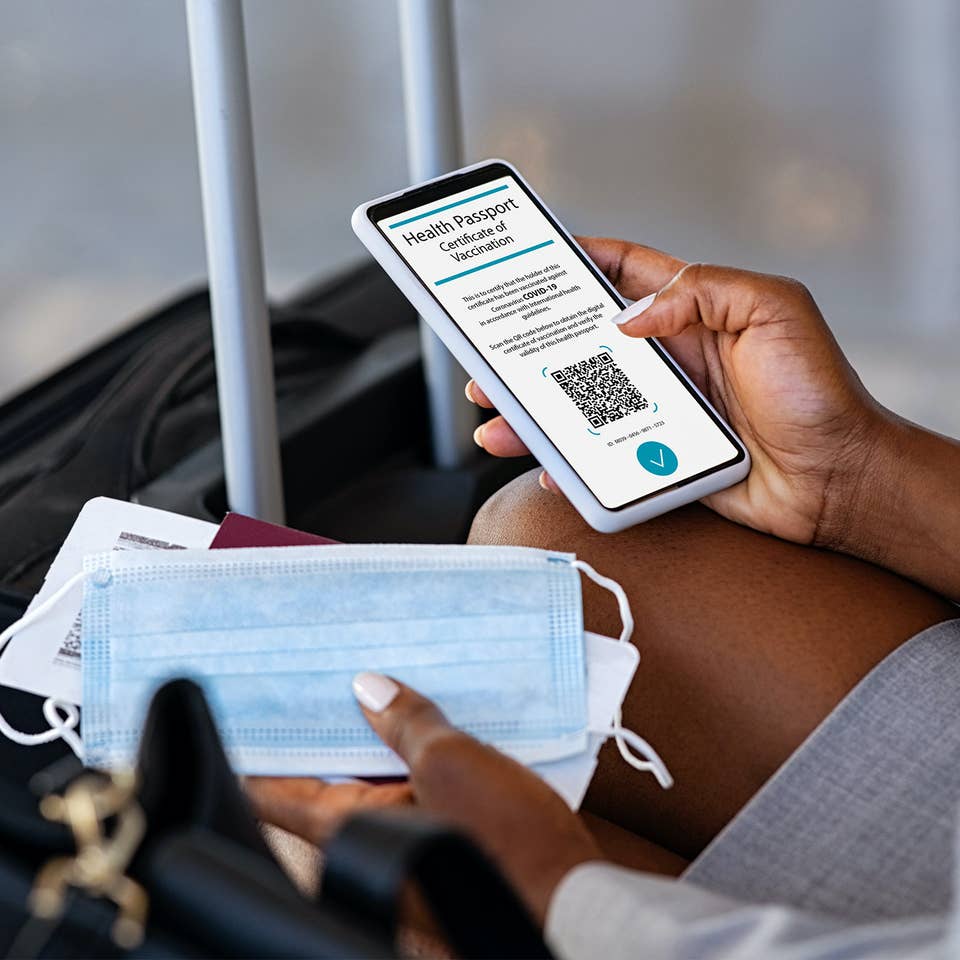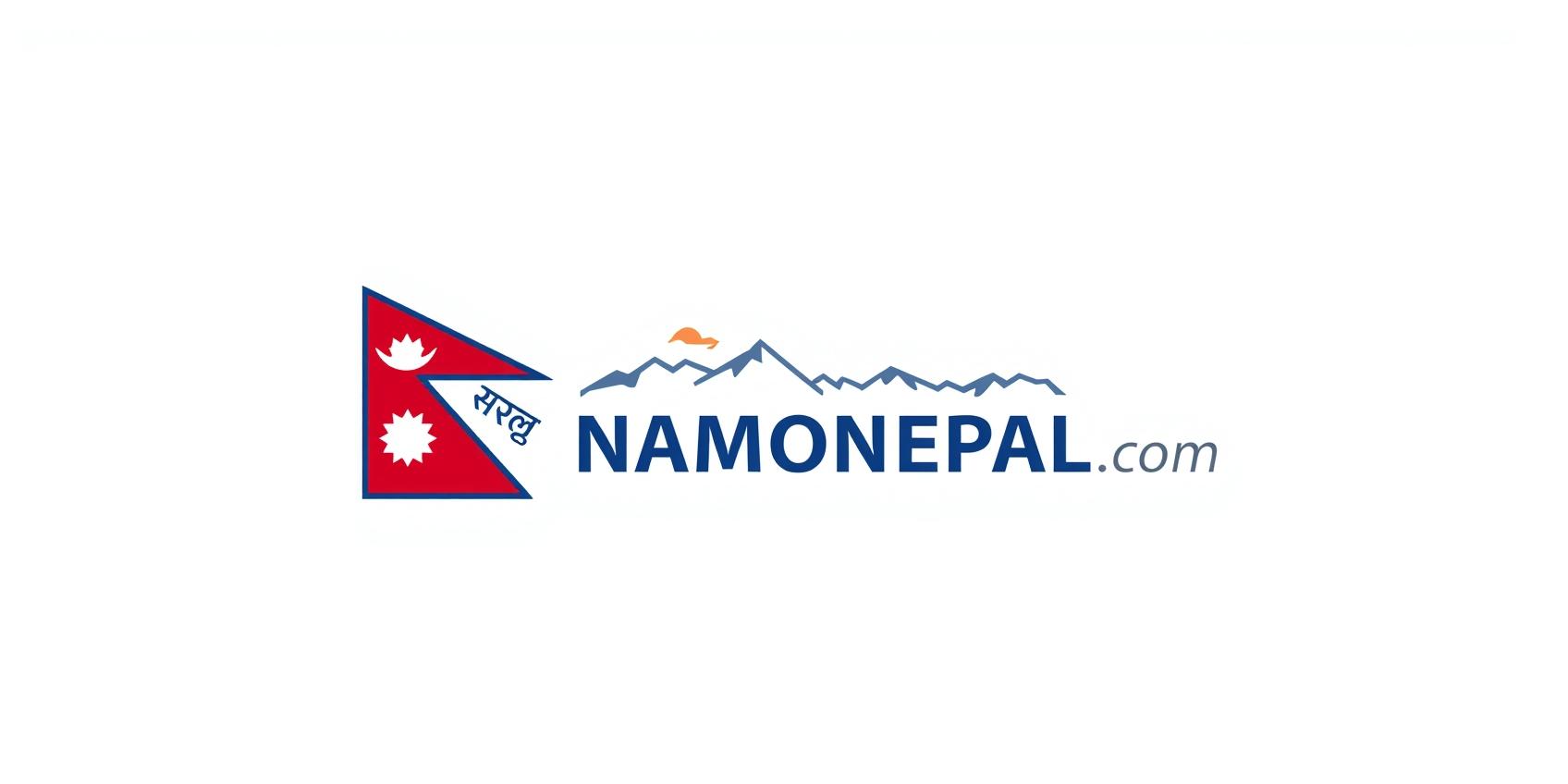Stay Informed: COVID-19 Travel Guidelines ✈️
Travel with confidence by following the latest COVID-19 travel requirements. Updated entry rules, safety protocols, testing mandates, vaccination records, and quarantine regulations vary globally and can change rapidly.
Being prepared helps ensure a smooth journey and protects your health and the health of destination communities.

Why Following COVID-19 Guidelines Matters
Hassle-Free Border Crossing
Avoid denied boarding, long delays, or entry rejection at your destination.
Protect Health & Community
Protect yourself, your loved ones, and vulnerable communities globally.
Stay Legally Compliant
Comply with rapidly changing airline, destination, and health authority mandates.
Avoid Trip Disruption
Prevent unexpected cancellations, quarantine fines, or changes mid-journey.
Evolving Protocols: What You Need to Know
COVID-19 has permanently changed international travel landscapes. Guidelines include vaccination prerequisites, negative test requirements, mask mandates, quarantine rules, health declarations, and insurance policies. Governments and health agencies worldwide continuously update these rules in response to emerging virus variants and epidemiological data.
This Guide Covers:
- International entry requirements and documentation.
- Testing types (PCR/Antigen) and required timing.
- Vaccination proof, exemptions, and accepted vaccines.
- Quarantine policies on arrival and during travel.
- Health insurance and procedures for positive tests.

Eight Critical Travel Protocols
1. Vaccination Requirements 💉
Proof of full vaccination is required by most countries, often from WHO-recognized vaccines.
2. Testing Protocols 🧪
PCR tests within 48-72 hours pre-departure are common. Some destinations accept rapid antigen or post-arrival tests.
3. Quarantine & Isolation 🏨
Quarantine requirements depend on origin, vaccination status, and test results; often waived for vaccinated travelers.
4. Masks & Hygiene 😷
Masks (N95 or equivalent often recommended) are mandatory in airports and flights. Maintain rigorous hand hygiene.
5. Travel Insurance 🛡️
Policies covering COVID-19 medical treatment, emergency evacuation, and quarantine expenses are highly recommended/required.
6. Health Declarations 📋
Digital or paper forms and contact tracing apps may be mandatory for symptom and status tracking at arrival points.
Quick Checklist of Essential Protocols
Essential Preparation and Global Overview
Preparing for COVID Travel
- Research Current Rules: Check official government/airline websites regularly (within 14 days of departure).
- Prepare Documentation: Carry digital AND paper copies of vaccine certificates, test results, and insurance.
- Book Flexible Tickets: Choose refundable tickets and accommodations in case of sudden changes or illness.
- Pack Protective Gear: Stock quality masks (N95 or above), hand sanitizer, surface wipes, and a personal health kit.
- Practice Hygiene: Frequent hand washing and physical distancing reduce infection risk throughout transit.
Global Travel Restrictions Overview
Requirements vary significantly by region and change frequently. Always check specific destination rules.
- North America: US/Canada require proof of vaccination; testing varies. Mask mandates on public transit persist.
- Europe: Utilizes EU Digital COVID Certificate; entry depends on status (vax, recovery, test).
- Asia-Pacific: Varied. Some maintain strict controls (e.g., Japan, Australia) with mandatory testing/quarantine.
- Middle East & Africa: Many enforce pre-travel PCR testing and quarantine for unvaccinated travelers.
Stay Ready, Travel Safe 🧤
Keep updated and comply with health guidelines for protected and seamless travel experiences worldwide.
Your COVID Travel Essentials:
- Digital vaccine card & test report.
- Multiple high-quality masks (N95/KN95).
- Portable hand sanitizer and surface wipes.
- Personal health kit with basic medicines.
- COVID-19 insurance info and emergency contacts.

